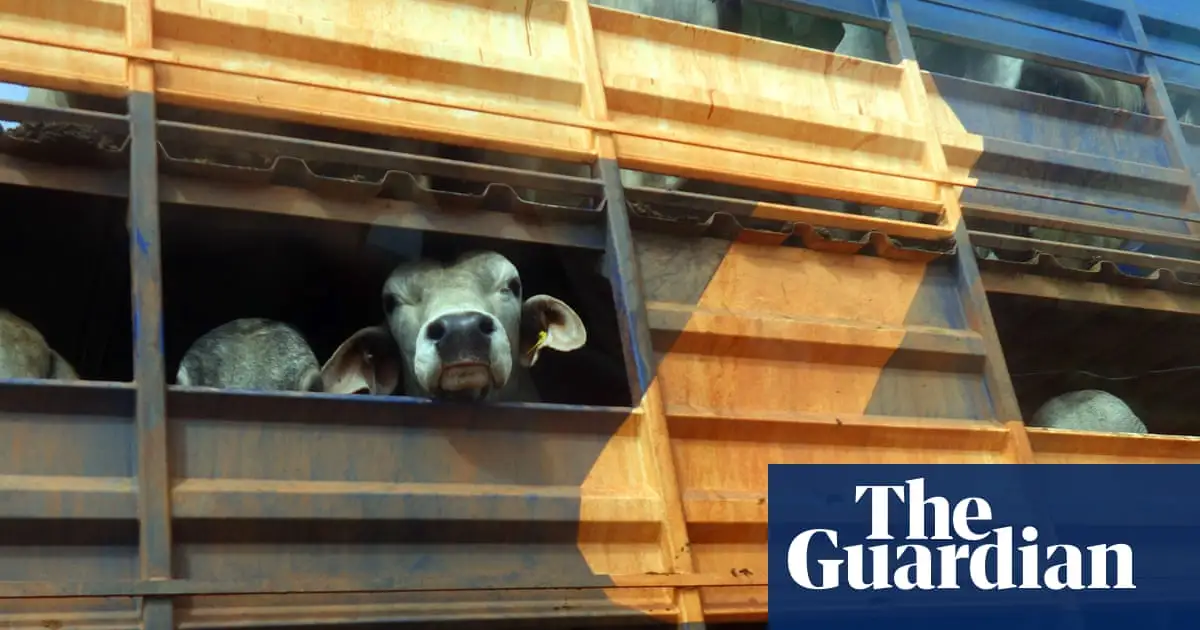cross-posted from: https://lemmy.world/post/11740609
Prof Mark Howden, the director of the Australian National University Institute for Climate, Energy and Disaster Solutions, said the sector’s net zero target is “effectively not possible”.
“It’s pretty well embedded in the public consciousness that red meat is high profile in terms of greenhouse gas emissions per serve,” Howden said.
“I suspect the industry saw this as a fundamental threat to their future … A few years ago everybody was kind of jumping on the net zero bandwagon without actually thinking through what it actually meant,” he said.
The CSIRO found the industry would fall short of meeting its net zero target, and instead recommended the adoption of a “climate-neutral” target that would require a reduction of methane emissions rather their complete elimination.



Sure, but to get to a plant-based diet that meets the dietary and taste needs to replace a meat-based diet, takes an initial investment of time that some people may not be able to spare.
I’m not saying a matching diet will be more expensive, but the cost (mainly time) of changing diets is an investment some may be unable to afford. If there was a lot of social support for the working poor to change diets, sure, but to say changing diets is something that won’t take more time because the buying of produce and active cooking takes the same time is misleading.
That is a good point. Hopefully governments around the world will help people transition at eventually. However, for now, it should point corporations and governments in the right direction. If people, that can spare that initial investment, stop their demand for animal exploitation.